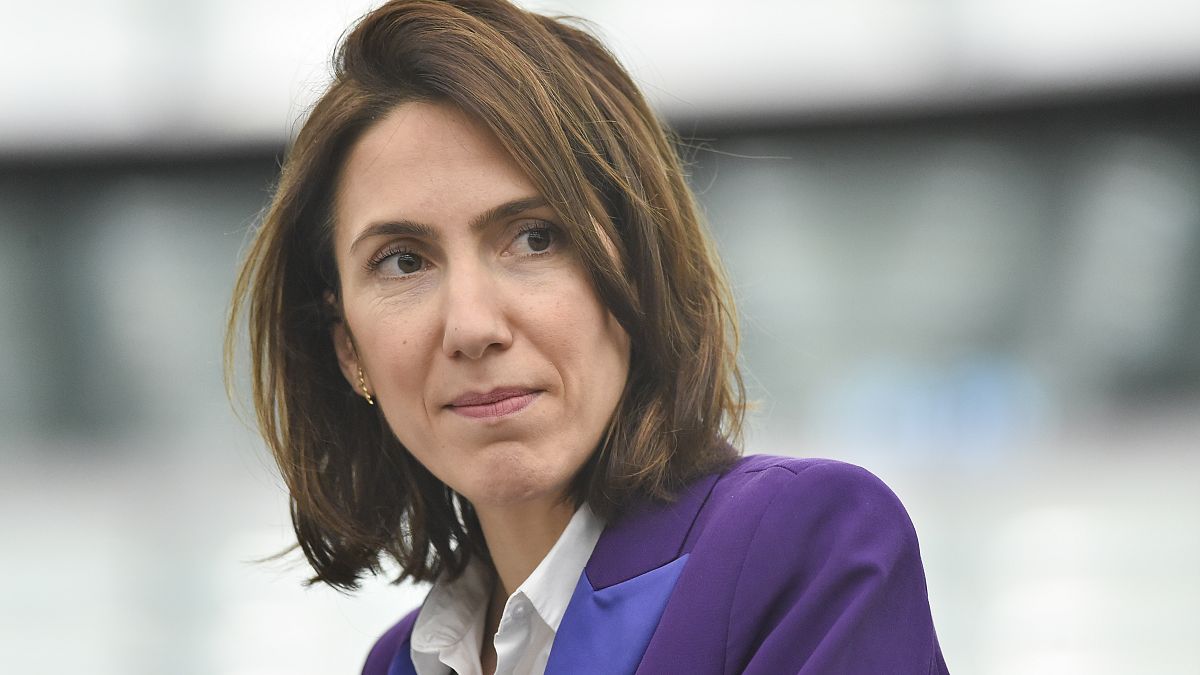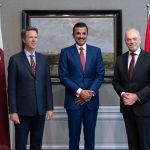ALDE, the largest political force within the centrist Renew Europe group, has been seeking leadership change, with MEP João Cotrim de Figueiredo emerging as a potential candidate. French Valérie Hayer, the current leader of the European Parliament’s liberal Renew group, faced a challenge from ALDE but is expected to retain her position with support from her party and some ALDE members. The leadership contest comes after a significant loss of seats for the French liberal delegation in the Liberal group. ALDE had initially planned to back Sophie Wilmès for the leadership role, but she did not put her name forward, potentially due to national political ambitions.
The leadership challenge for the liberals comes at a challenging time as they have been overtaken by the far-right European Conservatives and Reformists in terms of parliamentary strength. The group is facing pressure to solidify its composition in order to close the gap with the ECR group. ALDE’s goal of assuming leadership responsibilities within the parliamentary group reflects a strategic shift within Renew Europe. The upcoming group vote on 25 June will likely see Valérie Hayer retain her position, despite the leadership challenge.
The ALDE Party’s proposal of João Cotrim de Figueiredo as the new leader of the Renew group signifies a desire for fresh leadership within the centrist political force. The group’s focus on filling the leadership vacuum left by the French delegation highlights the importance of continuity and stability within the group. With ALDE looking to strengthen its position in the parliament, the decision on the new leader will have implications for the group’s future direction and strategy.
The support for Valérie Hayer from the EDP, her party, and some ALDE members bodes well for her chances of maintaining leadership of the Renew group. Despite the loss of seats for the French liberal delegation, Hayer’s leadership is seen as crucial for the group’s cohesion and effectiveness. The shift in leadership dynamics within Renew Europe reflects the broader changes happening within the European Parliament following the recent elections.
As the May election results reshaped the parliamentary landscape, the liberal group faces challenges from competing political forces. The decision on the new leader of the Renew group will influence the group’s ability to navigate complex political dynamics and maintain its position within the European Parliament. ALDE’s strategy of backing João Cotrim de Figueiredo indicates a willingness to embrace new leadership to address the group’s evolving priorities and objectives. The outcome of the leadership contest will be closely watched as a key indicator of Renew Europe’s future direction.











